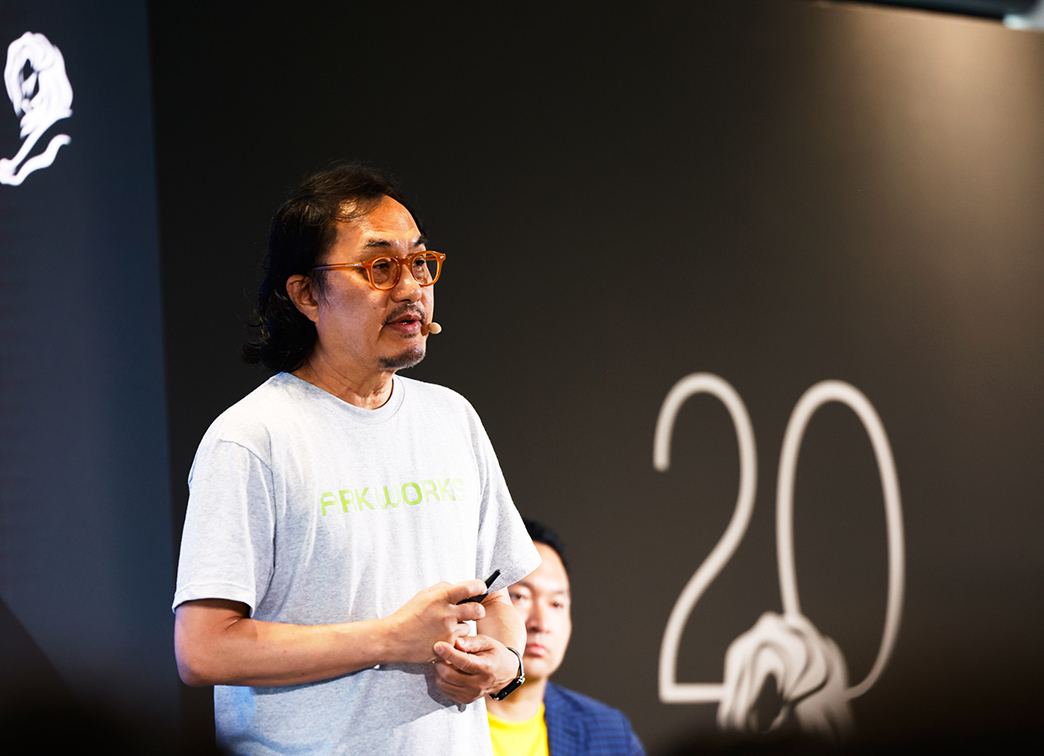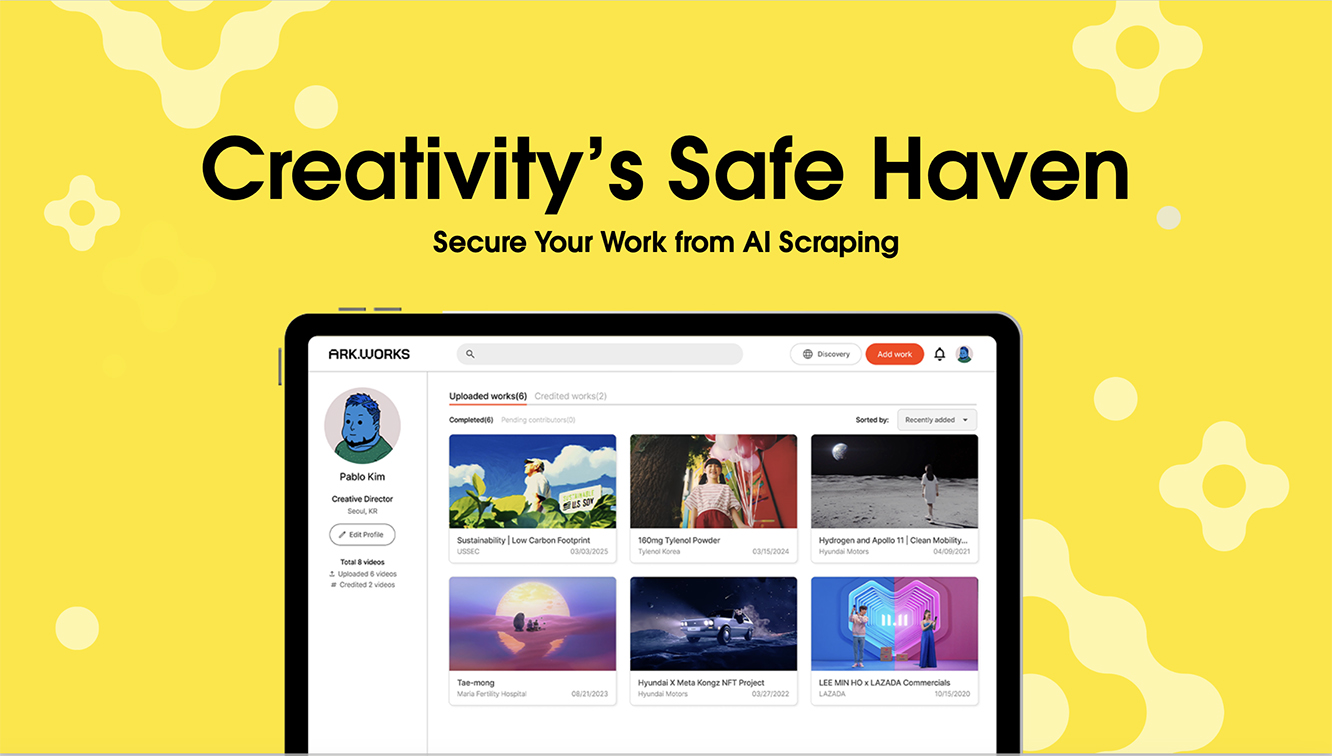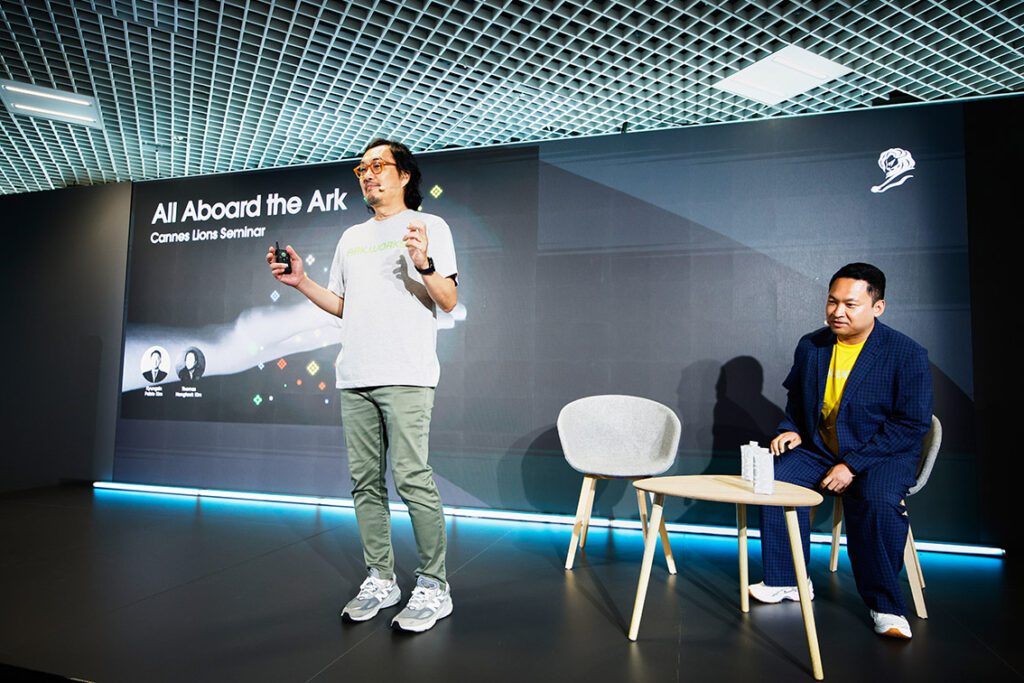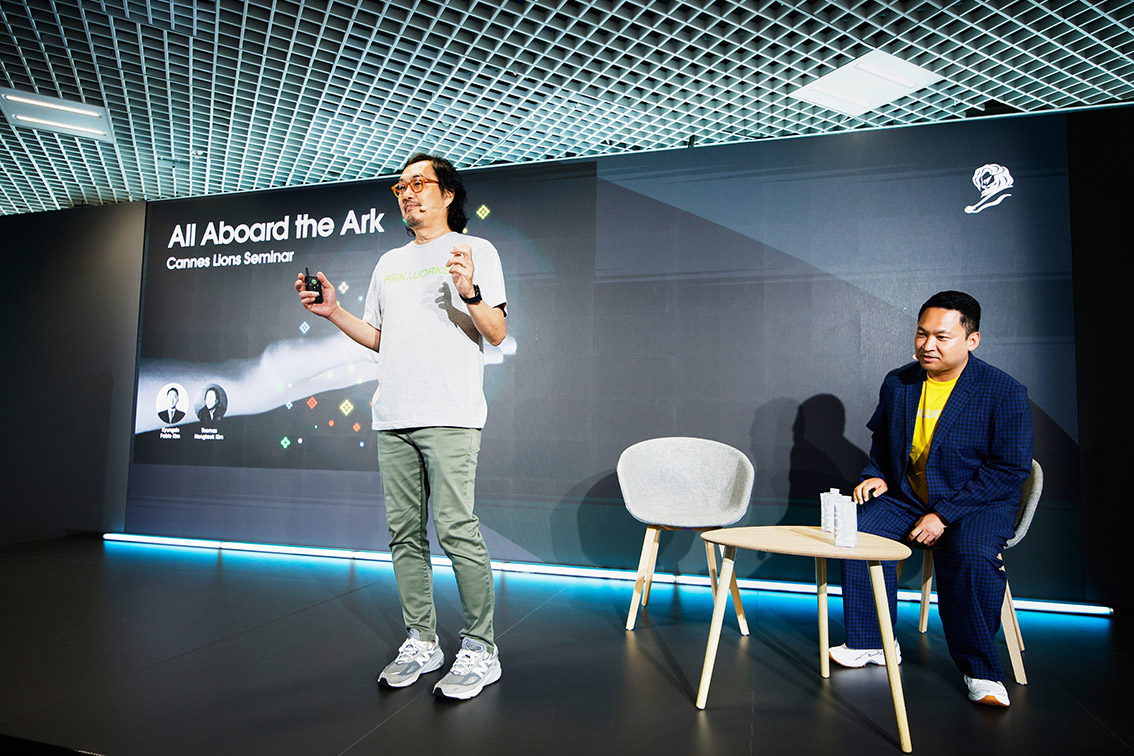
In the middle of the glitter and the size of Cannes Lions 2025, an independent Korean agency launched an alarm clock in the creative world: in the AI era, credit is always important.
The last day of the festival, the CEO of Paulus Kyungin Kim and the CCO Thomas Hongtack Kim have taken the stage to ask a clear question – when the AI can recreate your style in seconds, which obtains the credit?
They didn’t just ask. They came with an answer: Ark.Works, a tool based on the blockchain designed to protect the creators of silent erosion of paternity in the era of the generative.
From Ghibli imitations to a global imperative
By opening the speech, Thomas Hongtack Kim unpacked the viral phenomenon of the images generated by the AI ”in Ghibli-” sweeping social platforms. “Millions downloaded their photos. In a few seconds, they came back in the appearance of Miyazaki,” he said. “But Miyazaki has never approved this. His name was not even mentioned. Years of crafts, reused without consent – and no means of repelling.”
What is at stake is not nostalgia. His property. And it is, argued Kim, which fuels all the creative work-from Michelangelo to open-source developers. “If paternity disappears, the value of the content too. He then comes the collapse of careers, responsibility and, ultimately, the creative ecosystem itself. “
The solution: metadata as a moral contract
Ark.Works, unveiled publicly for the first time in Cannes, offers a deceptively simple solution: integrate names of creators, roles and learning authorizations in AI directly in the metadata of the file – then anchor with blockchain. These data are invisible to the spectator, but readable to AI. The result? A system that tells AI: This work is prohibited.
“This is a new language,” said CEO Kyungin Kim. “Not to fight the AI, but to negotiate with it. A quiet code line that says:” It belongs to someone. “”
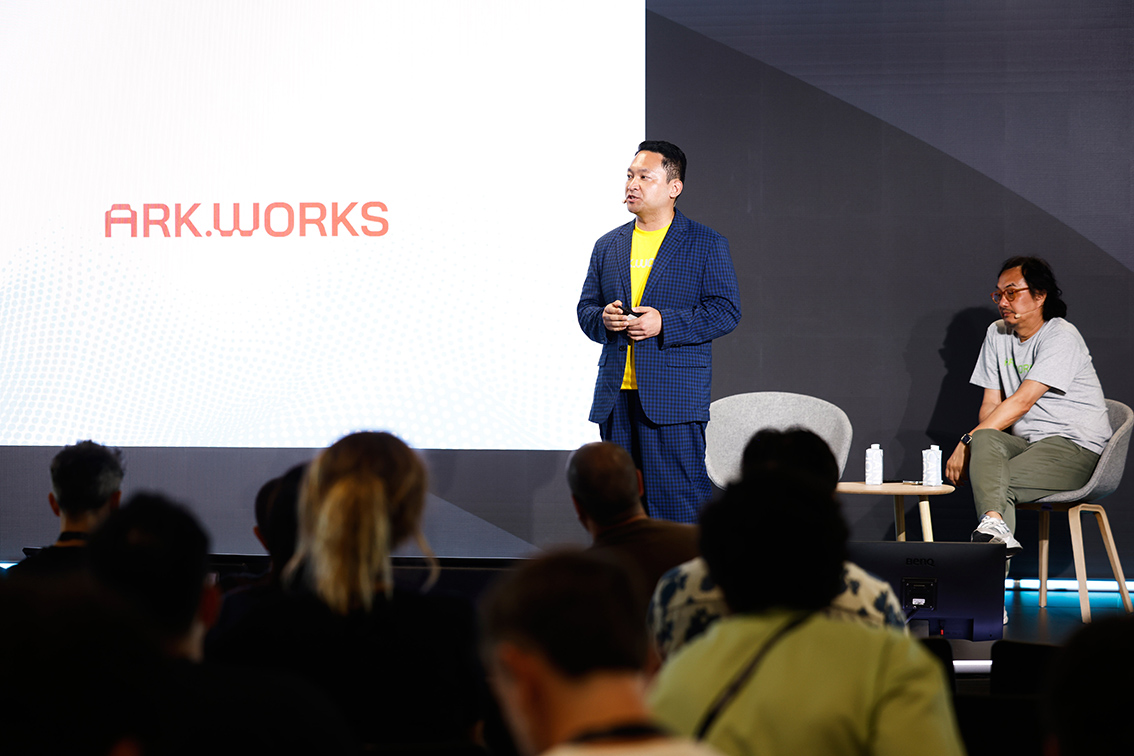
Ark.Works uses the C2PA protocol, allowing creators to download files, register employees and automatically integrate rights metadata – including AI learning prohibitions. When generative erased this content, it responds to a line that it cannot cross, encoded in a format that machines can read and respect.
And it doesn’t stop there. Each recorded file is also saved with immimum on a blockchain. Each role – publisher, designer, writer – becomes a unique token. These tokens constitute the basis of a future ecosystem where creators can verify the credit, prove participation and, possibly, receive rewards according to contributions.
Born of creative struggle
For Kim, the mission is personal. “I spent the last decade working with creators around the world,” he shared. “Each project was difficult. But that is why the work is sacred. And why we have to protect it.”
He also issued a gentle warning: “Generative AI gives us efforts without effort. This convenience is likely to undermine the very value of creative work – which has always acquired meaning through the fight, not shortened. ”
Ark.Works is developed by Kim’s new company, Re-Be World, with ambitions to evolve it as a global tool for a decentralized digital ecosystem, respectful and led by creators.
A manifesto in a technological demo
During a festival teeming with a show, Paulus stood out by asking the industry to stop – and trace a line. Their speech was not only a product launch; It was a manifesto. A call to balance. A reminder that technology should serve creativity, not erase it.
And at a time when “the original” is often at an prompt, Ark.Works insists quietly: this work is mine.
